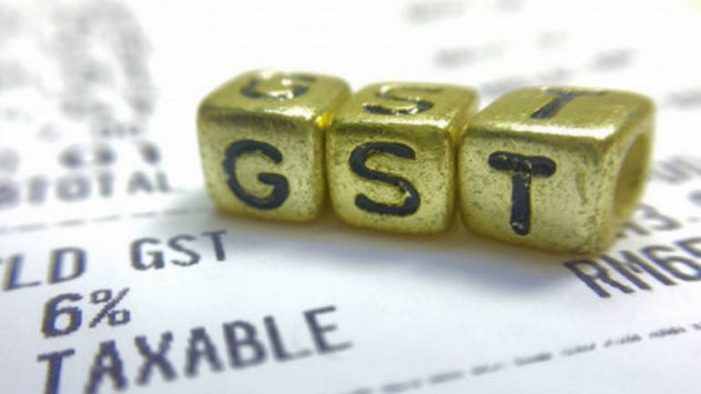New Delhi: Opposing the idea of bringing fuel products under the Goods and Services Tax (GST), three Chief Ministers from different political parties Saturday said it would have a negative impact on their revenue collection.
Speaking at the Hindustan Time Leadership Summit 2018, Amarinder Singh, Chief Minister of the Congress-ruled Punjab, said his state’s economy was not in a good shape and it had become dependent on the Centre after the implementation of the GST last year.
“We do not have money to run the state. After the GST, we have nothing left in the state. We are dependent on the Centre. We do not have industry. We have hostile neighbour who keeps us on our toes. We have only agriculture to go on,” Singh said in a discussion, which was attended by his counterparts from Maharashtra and Karnataka.
“We have only three sources of revenue. One is fuel, one is excise and one is stamp duty on transfer of properties… As far as the real estate is concerned, Punjab has not moved ahead as yet because economy is not in good shape. Where do I get my revenue from?”
Endorsing Singh’s views, Janata Dal-Secular (JD-S) leader H.D. Kumaraswamy, who runs the Karnataka government with the support of the Congress, said the Centre must take measures to solve the issue.
“The founders of the Constitution allocated some powers to states. The Centre is gradually taking all powers from the states. State governments have no scope for tax collection. We have to be dependent on the Centre,” he said.
Congress President Rahul Gandhi has been demanding that petrol and diesel be brought under GST to reduce prices.
Responding to a question on Gandhi’s stand on the issue, Kumaraswamy said: “That is his opinion. According to my opinion, the Centre has to take some severe measures.”
Maharashtra Chief Minister and BJP leader Devendra Fadnavis said he agreed with Singh’s views “to some extent” saying the GST had left states with little flexibility to have their own revenue.
However, he said he supported the idea of bringing fuel products under the GST saying “At some point of time, we have to do it.”
“At the same time, we should think of alternatives. If we go on importing, we are going to play into the hands of the countries manufacturing (producing oil),” he said.
Fadnavis asked for production of bio-fuel and ethanol using agriculture produce as an alternative to crude oil.
“There is so much of agriculture production today that we do not know where to keep. States are buying produce (from farmers) but we do not know how to sell. It is a huge mess,” he said.
“Now, we have sufficient foodgrains in our country, we can convert it into bio-fuel, ethanol. The second generation ethanol policy is there. We need to invest more into that. If in Brazil, 100 per cent ethanol can replace petrol and diesel, why can’t we?”
IANS
